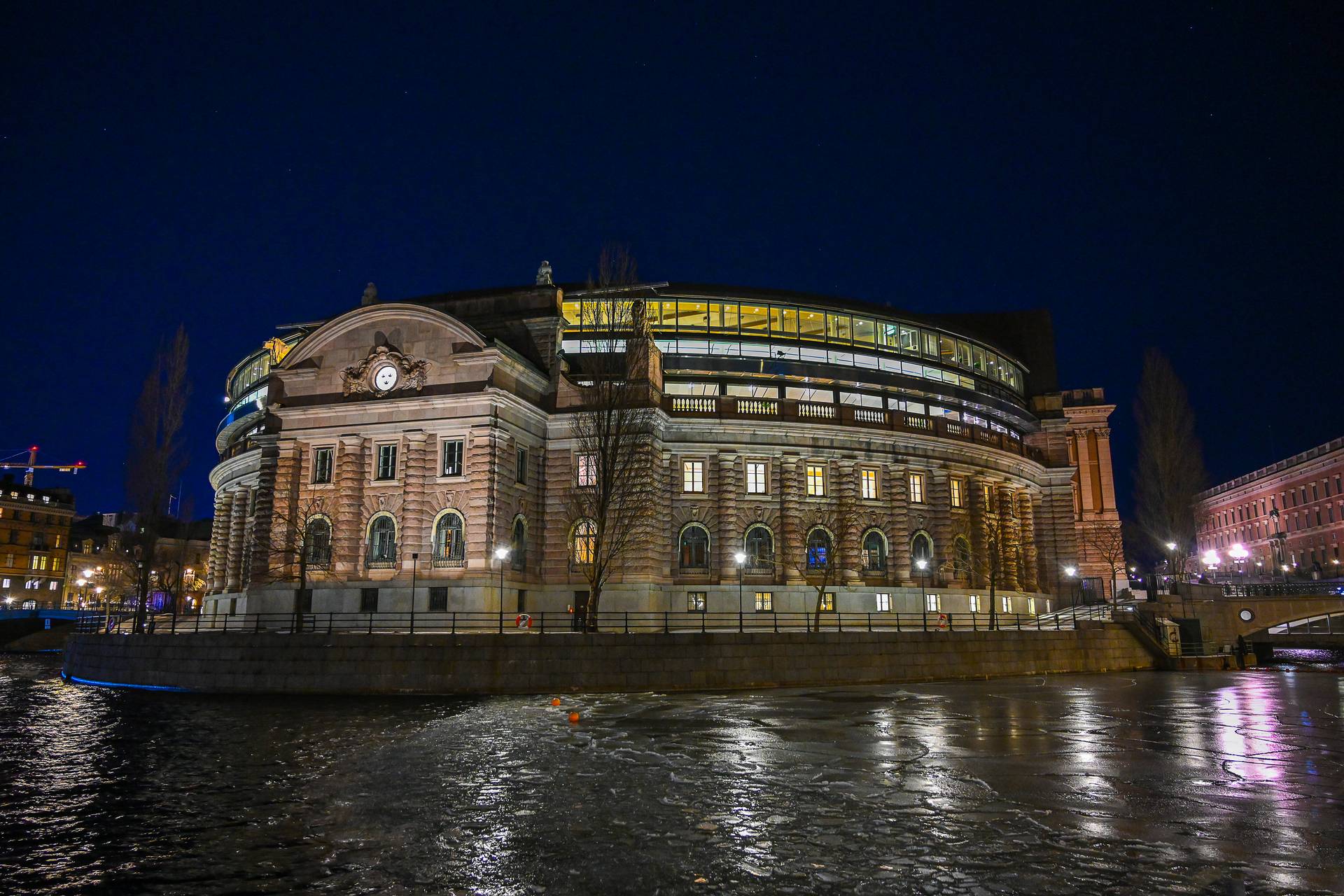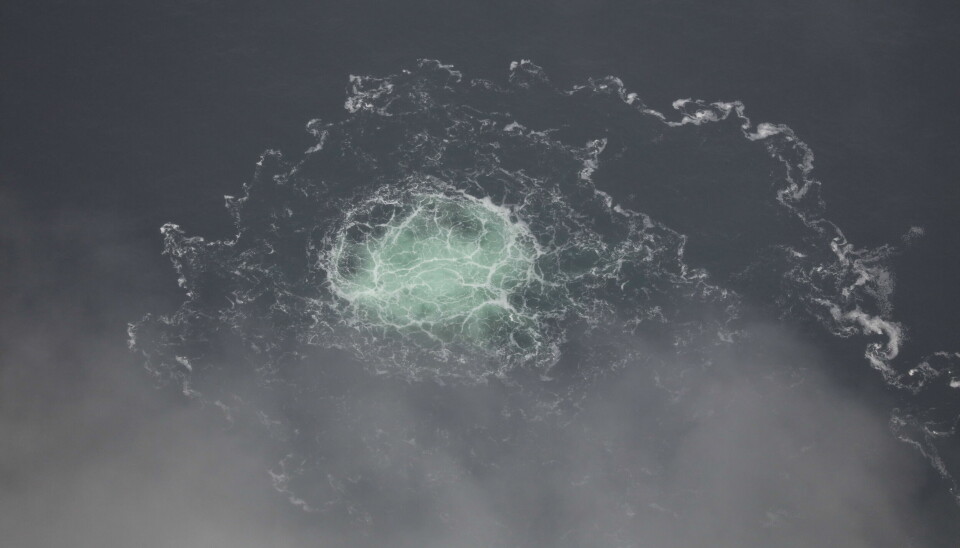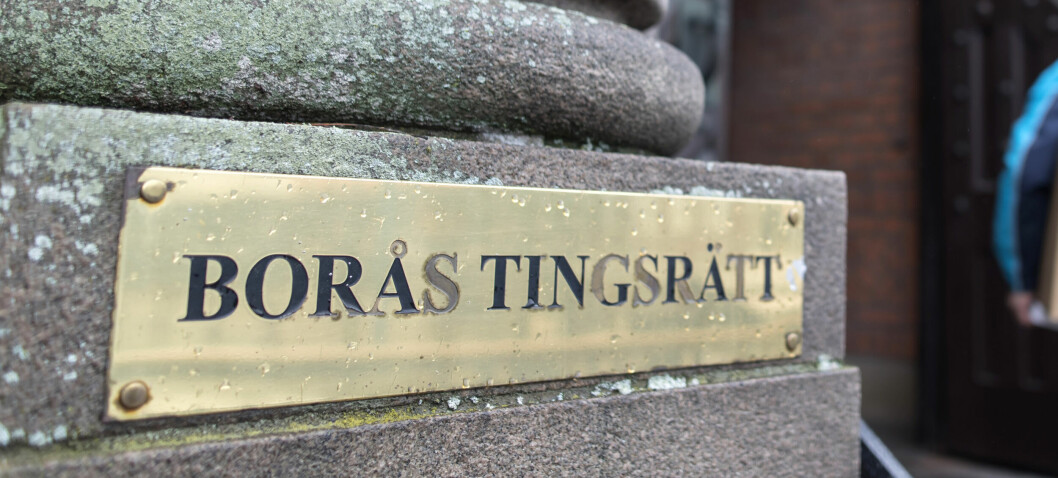The Riksdag says yes to the EU’s corona fund of 750 billion euros

The government and the co-operation parties C and L were given the green light in the Riksdag for the financing of the EU’s long-term budget and the corona support fund of 750 billion borrowed euros on its own.
SD and V did vote jointly no. M and KD abstained.
Hampus Hagman (KD) wanted to explain why KD (and M) are critical but still do not vote no.
– The compromise made last summer was not a success for Sweden, on the contrary. But once we arrived at making a decision, we were in practice in the choice between saying yes to the compromise or putting Sweden aside, with insurmountable consequences for us and for the EU as a whole, Hagman said.
Moderate Jan Ericson claimed that the government had not monitored Swedish taxpayers’ interest in reducing the membership fee to the EU, opposing EU borrowing and corona subsidies and monitoring the Swedish discount on the EU fee.
But it would be devastating for confidence in Sweden as a contracting party if Sweden now said no, after agreeing to a compromise nine months ago with the other 26 EU countries.
Decision July 2020: EUR 750 billion recovery fund
The background is the historic agreement between the leaders of the EU countries at a marathon summit in Brussels in July last year. After long nights, they agreed on a long-term budget for the EU for the years 2021-2027 and a large recovery fund to support the member states out of the corona pandemic.
Never before has the EU asked the European Commission to borrow money for budget expenditures. This is the 750 billion euros to the corona fund, which will then be paid off over a 30-year period from the member states’ budgets.
From the beginning, the proposal was that the 750 billion would be given in two parts to member countries according to need and size, an idea with strong support from France and Germany.
500 billion would go as grants and not have to be repaid, and 250 billion as loans. Sweden, Denmark, Austria and the Netherlands wanted everything to be loans, but the final settlement was 390 billion in grants and 360 in loans.
Fee based on how much plastic is recycled
The Riksdag’s approval, as well as the decisions of the other EU countries, is an important part of the EU leaders’ agreement regarding revenues and loans for the long-term budget and the recovery fund.
It also means that a fee will be charged to the EU budget based on the proportion of plastic that is not recycled in the member states. More recycling should result in less charge.
Source: The bill



